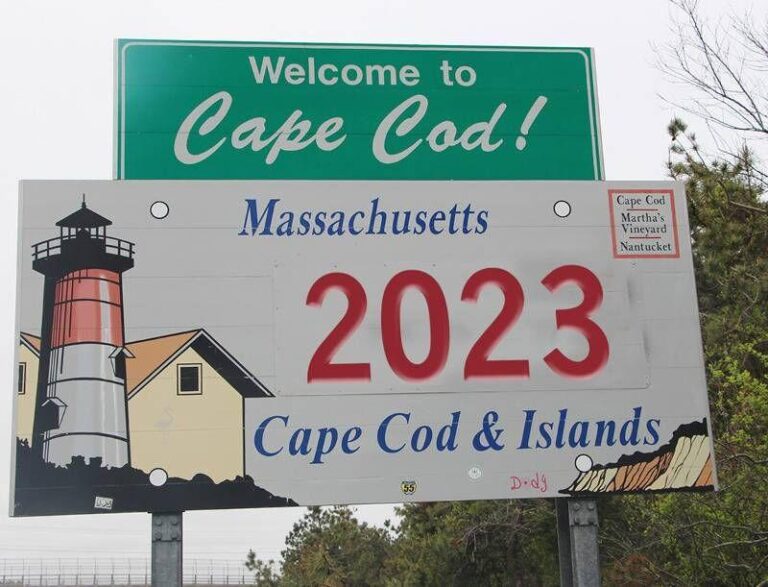Zimbabwe’s Fee Reductions: A Step Forward, Yet Taxation Alone Won’t Secure Economic Revival
In a bid to alleviate the financial burdens on its citizens and stimulate economic momentum, Zimbabwe’s government has recently enacted notable cuts in various fees and charges. This move has been broadly welcomed as a timely reprieve for households and businesses grappling with economic challenges. However, experts caution that while these reductions offer short-term relief, they do not resolve the deeper structural issues plaguing Zimbabwe’s economy. The country continues to face persistent inflationary pressures, high unemployment rates exceeding 20%, and a limited tax base that constrains fiscal resources. As Zimbabwe navigates its recovery path, an essential question arises: can enhanced taxation alone drive sustainable growth, or is comprehensive reform indispensable? This article explores the implications of recent fee cuts within the broader framework of Zimbabwe’s ongoing economic hurdles.
Fee Cuts as Immediate Economic Stimulus Amid Calls for Fundamental Reforms
The government’s initiative to reduce fees across sectors such as licensing, permits, and service charges has generated cautious optimism among entrepreneurs and consumers alike. By lowering upfront costs, these measures aim to boost disposable incomes and revive investment activities that have been subdued by financial constraints during recent years marked by recessionary trends.
Stakeholders hope this initial momentum will pave the way for more profound reforms targeting key industries like manufacturing-which currently contributes around 18% to GDP-and services sectors including finance and ICT that dominate over half of national output. Revitalizing these areas is critical for job creation in a country where youth unemployment remains alarmingly high.
Nonetheless, it is vital to understand that fee reductions are primarily palliative rather than curative solutions. Long-term economic resilience demands addressing core systemic challenges such as:
- Strengthening Institutional Governance: Enhancing transparency and accountability mechanisms within public agencies to rebuild investor trust.
- Diversifying Economic Activities: Moving beyond reliance on traditional pillars like agriculture (11% GDP contribution) and mining (13%) by fostering emerging sectors including technology-driven enterprises.
- Modernizing Infrastructure: Investing in transport networks, reliable energy supply-especially renewable sources-and expanding digital connectivity crucial for competitiveness.
- Reforming Tax Policies: Crafting fair tax frameworks that widen compliance without discouraging entrepreneurship or disproportionately impacting vulnerable groups.
Achieving these objectives requires not only political commitment but also collaborative engagement between government entities, private sector players, civil society organizations, and international development partners committed to nurturing innovation ecosystems capable of transforming Zimbabwe into an economically robust nation.
Innovative Tax Strategies: Beyond Revenue Collection Toward Inclusive Growth
While reducing fees alleviates immediate cost pressures on individuals and businesses-a welcome development-relying solely on increasing tax revenues is unlikely to yield sustainable progress under current conditions. Instead of perceiving taxes merely as tools for revenue extraction from citizens’ pockets, strategic reforms should emphasize expanding productive capacity alongside broadening the tax base through innovative approaches.
Digitizing tax administration systems can significantly enhance efficiency by curbing leakages during collection processes while simplifying compliance across diverse income groups. Furthermore, fostering partnerships between public institutions and private investors , particularly in infrastructure projects such as solar power plants or regional transport corridors could create new taxable activities over time.
Additionally, targeted support programs aimed at small-Â and medium-sized enterprises (SMEs)-recognized globally as engines of employment generation-can diversify community income streams while boosting taxable transactions overall.. Implementing progressive taxation aligned with income disparities ensures fairness without stifling entrepreneurial dynamism.
Ultimately,a paradigm shift toward cultivating business-friendly environments where enterprises flourish rather than merely extracting funds must underpin any effective fiscal strategy geared toward long-term stability.
Enhancing Economic Resilience Through Diversified Revenue Streams Beyond Taxes
Given ongoing macroeconomic vulnerabilities-including volatile commodity prices impacting mining exports-it is imperative for policymakers in Zimbabwe to explore alternative revenue channels beyond conventional taxation models.The reinforcement of domestic industries remains central; nurturing entrepreneurial ecosystems can accelerate job creation while increasing GDP contributions from underexploited sectors.
Programs offering SMEs accessible financing combined with mentorship have demonstrated success internationally-for example, Egypt’s telecom sector expansion through public-private collaborations . Similarly,Zimbabwe stands poised to capitalize significantly on promoting tourism-leveraging its rich cultural heritage sites like Great Zimbabwe-and modernizing agriculture via precision farming technologies.
Strategic investments focused on upgrading infrastructure tailored towards these priority areas will enhance global competitiveness while providing buffers against external shocks such as international market fluctuations or climate change impacts.
Public-private partnerships (PPPs) present promising avenues whereby private expertise complements governmental efforts leading not only improved service delivery but also accelerated innovation diffusion throughout critical sectors.The adoption of e-governance platforms further streamlines administrative operations reducing overhead costs substantially over time.
Below is an updated overview illustrating sectoral contributions toward national GDP-a reminder why diversification remains essential:
| Sectors | % Contribution To GDP (Latest Estimates) |
|---|---|
| Agriculture & Agribusiness | 11% |
| Manufacturing & Industry | 18% |
| Cultural & Eco-Tourism | 6% |
| Mines & Minerals Extraction | 13% |
| Tertiary Services Sector (Finance / ICT / Retail) | < td >52%
Charting a Path Toward Sustainable Prosperity in Zimbabwe
In conclusion,the recent fee reductions represent a positive initial measure aimed at easing financial strain faced by consumers and entrepreneurs amid challenging economic conditions.This policy action could stimulate increased commercial activity if paired with comprehensive structural reforms addressing governance weaknesses alongside strategic investments targeting diversified growth drivers across multiple industries..
True transformation depends upon embracing holistic strategies encompassing transparent governance practices,tax system modernization,and cultivating vibrant SME ecosystems supported through innovative financing mechanisms.Public-private collaborations coupled with technological advancements emerge as pivotal catalysts accelerating progress toward inclusive wealth generation.
Zimbabwe confronts numerous obstacles along this journey,but coordinated efforts prioritizing empowerment over mere revenue extraction hold promise for unlocking enduring prosperity.The nation’s future hinges critically upon balancing fiscal discipline with proactive initiatives explicitly designed around stimulating innovation,infrastructure enhancement,and human capital development.A brighter socio-economic horizon awaits if decisive policies align intent with effective implementation focused squarely on sustainable upliftment nationwide.







